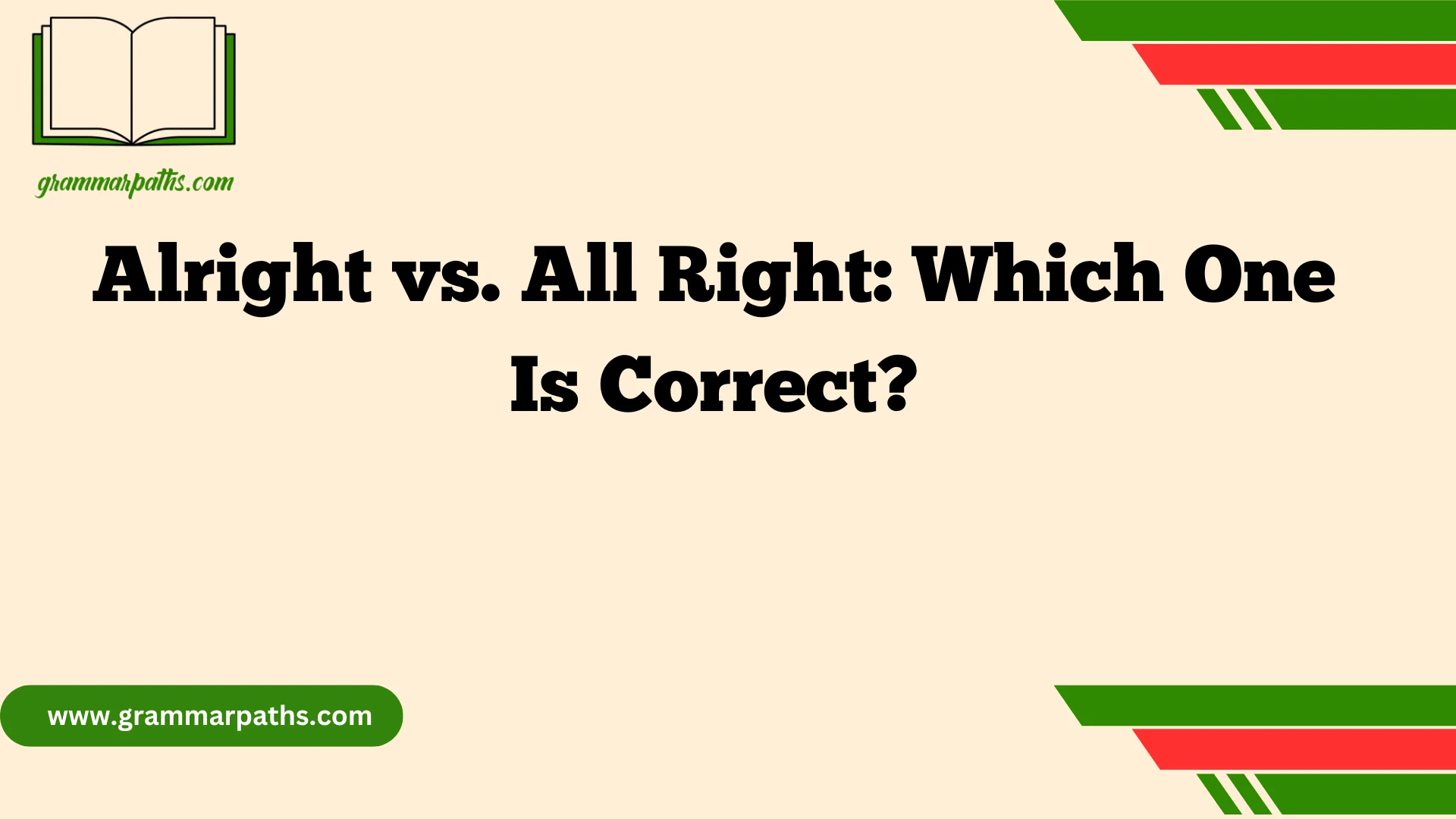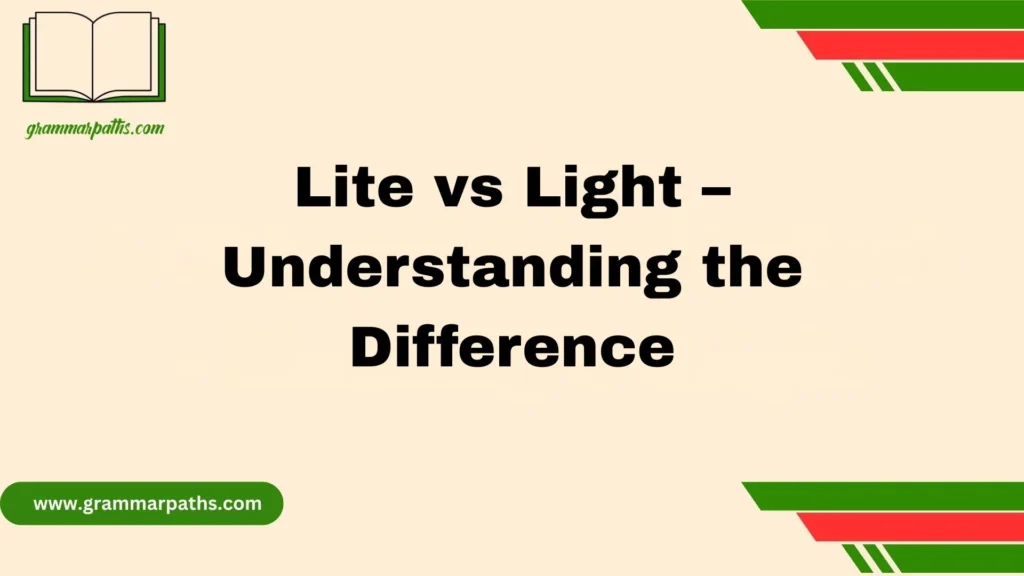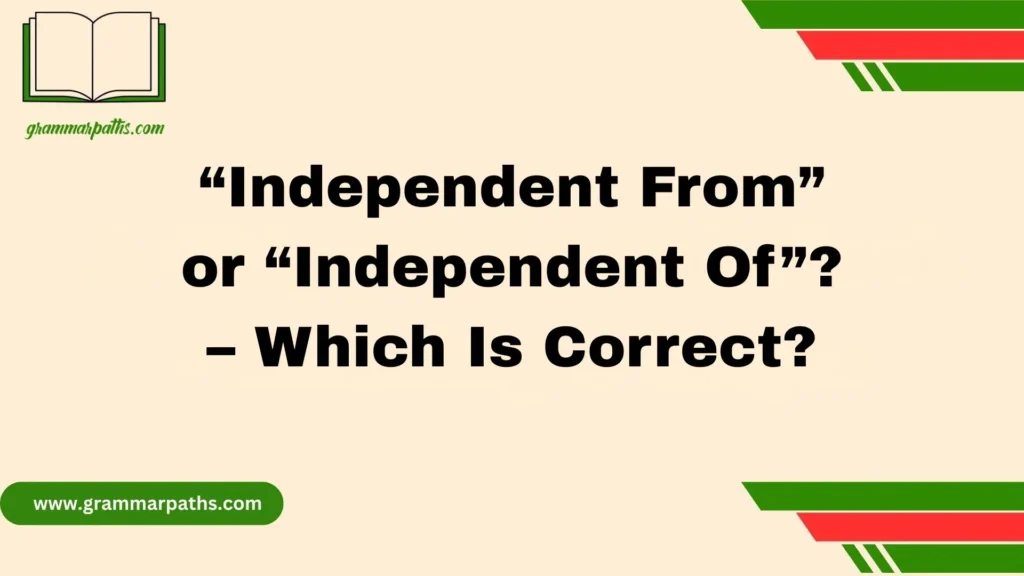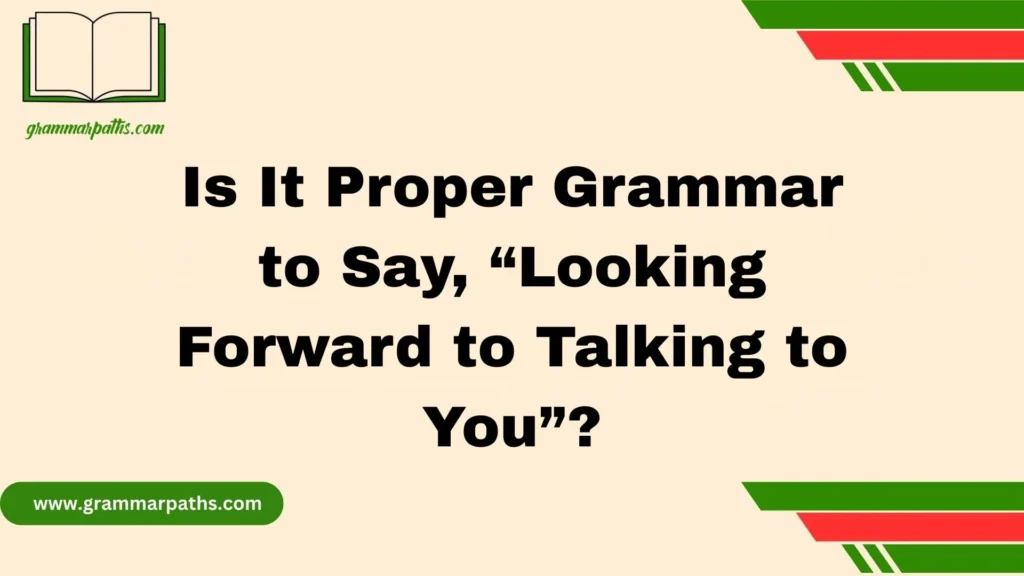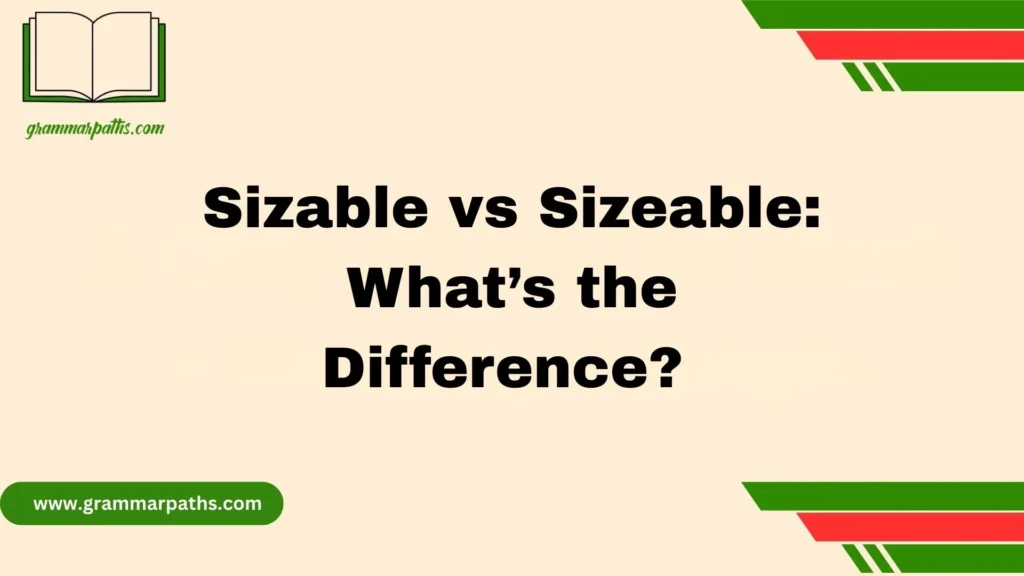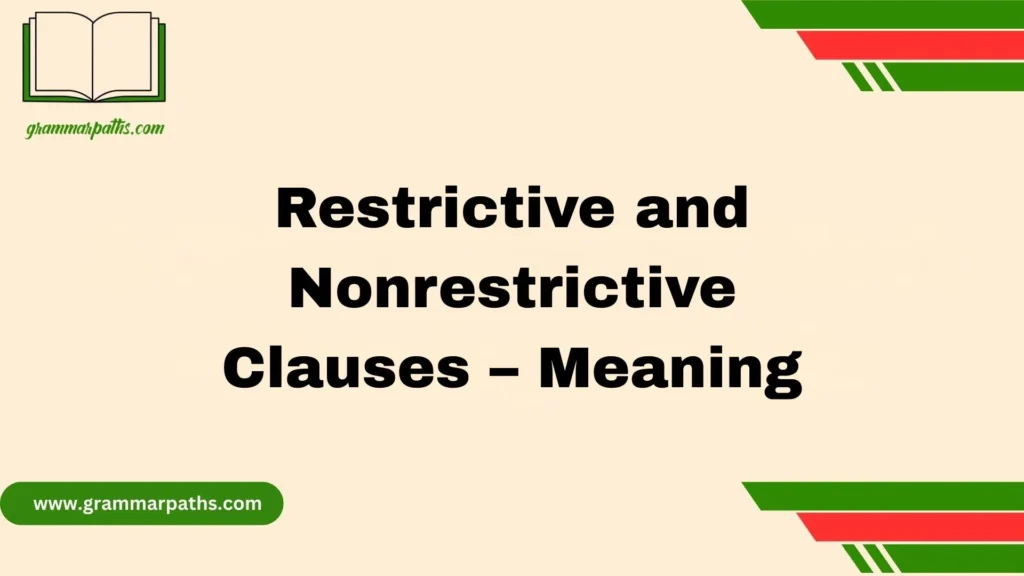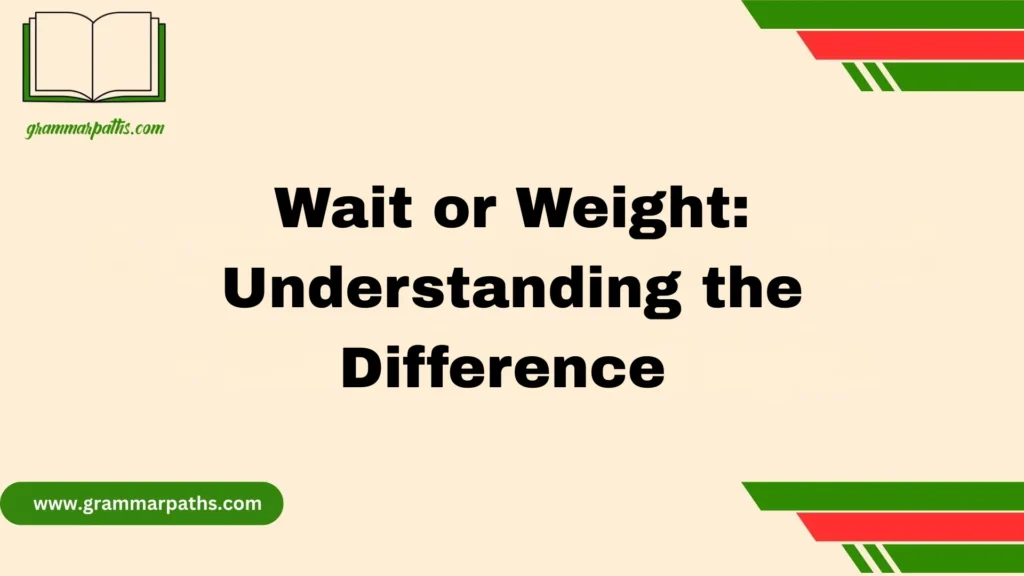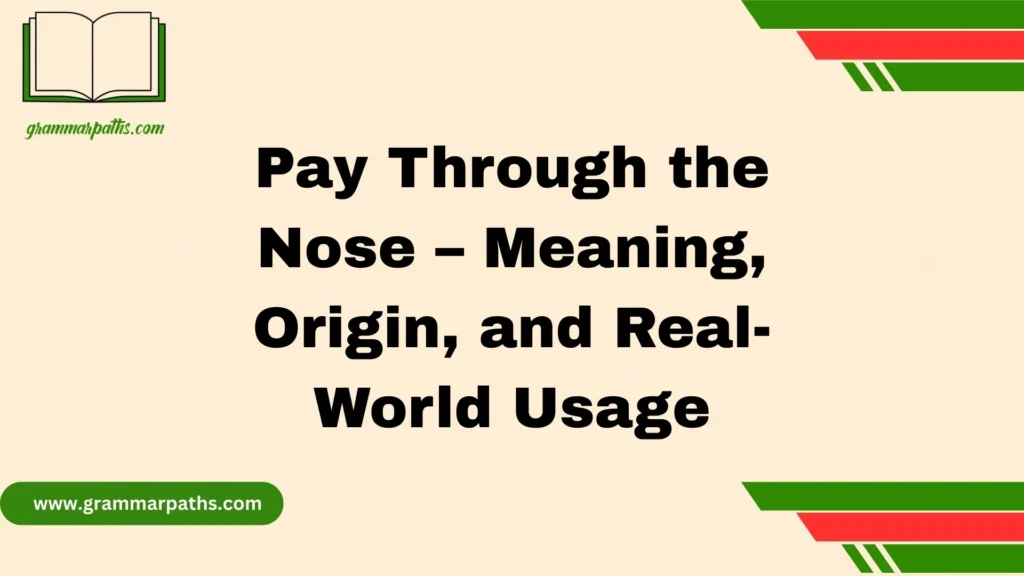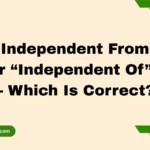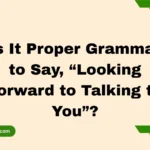I’ve had plenty of times where I’ve stopped mid-sentence, unsure whether to use “All Right” vs. “Alright.” That mix-up happens often, especially when trying to match a casual tone. It might appear in quick emails, friendly texts, or even informal blog posts. The discussion about which one is correct goes beyond just spelling – it’s really about how language evolves over time. As we adopt new expressions, our writing habits naturally change too. We begin to use them in new ways without much thought.
But here’s the thing – context is everything. In formal situations like a business report, academic essay, or any piece aimed at a professional audience, people still expect a sense of formality and precision. That’s where “all right” is more appropriate and widely accepted. On the flip side, in more casual settings such as social media, relaxed conversations, or friendly messages, the spelling “alright” works perfectly fine.
The Core Distinction – “Alright” vs. “All Right”
At first glance, “alright” and “all right” seem identical in meaning. But they’re not treated equally in grammar circles.
| Term | Part of Speech | Dictionary-Approved | Formal Usage | Informal Usage | Common in Literature |
| All right | Adjective/Adverb | Yes | Yes | Yes | Yes |
| Alright | Informal Variant | Somewhat | No | Yes | Rare/Modern |
What They Mean:
- All right = Everything is correct, acceptable, or satisfactory.
- Alright = Informal version of “all right,” often used in casual speech or artistic expression.
While “alright” has become more socially accepted, especially online and in pop culture, most grammar experts still recommend using “all right” in formal writing.
Is “Alright” Technically a Word?
That depends on who you ask.
What the Dictionaries Say:
- Merriam-Webster: Lists “alright” as a variant of “all right”, but notes it is not widely accepted in formal use.
- Oxford English Dictionary (OED): Recognizes “alright” but flags it as non-standard or informal.
- Cambridge Dictionary: Lists it but clearly advises “all right” is more correct in formal contexts.
Quote from The Chicago Manual of Style:
“Avoid ‘alright.’ Use the two-word form ‘all right’ in all written work.”
Conclusion? While “alright” appears in some dictionaries, it’s not fully accepted in formal grammar standards.
When Is “All Right” the Only Correct Option?
In many cases, “all right” is the only acceptable choice. Especially when:
- You’re writing formally (essays, reports, resumes)
- You need to be clear and unambiguous
- You’re submitting writing for academic or professional audiences
Use “All Right” When:
- You’re writing a college paper
- Drafting a business proposal or email
- Submitting to a publisher or editor
- Communicating with clients or customers
Example:
- Everything is all right with the shipment.
- Everything is alright with the shipment.
Important Tip: “All right” is also clearer in sentences where ambiguity could creep in.
Modern Usage of “Alright” in Pop Culture and Informal English
Language evolves—and so do our habits.
Where You’ll See “Alright” Most:
- Music lyrics: “Everything’s gonna be alright.” — Bob Marley
- Social media: Casual posts, captions, comments
- Blogs and opinion pieces: Writers who prefer informal tone
- Dialogue in novels and scripts: To capture real speech patterns
Case Study: Music and “Alright”
Kendrick Lamar’s Grammy-nominated song “Alright” became a cultural anthem. The use of “alright” instead of “all right” wasn’t accidental—it mirrored the way people speak.
While it’s not wrong in informal settings, using “alright” in formal or academic writing can damage credibility.
Usage in Real Sentences: “All Right” vs. “Alright” in Context
Seeing both in real-world sentences helps cement the difference.
| Sentence | Correct Form | Explanation |
| Everything is all right now. | All right | Correct in tone and grammar |
| That movie was alright, not great. | Alright | Acceptable informally |
| Are you feeling all right? | All right | Common expression; “alright” would look sloppy |
| I guess it’s alright to skip the meeting. | Alright | Casual setting allows this |
| The answers were all right. | All right | Means “correct” |
| The answers were alright. | Incorrect | Ambiguous or informal; avoid in formal writing |
Common Errors and How to Catch Them Easily
Here are mistakes that often trip people up:
Common Mistakes:
- Using “alright” in formal contexts (e.g., emails, papers)
- Misspelling “all right” as one word unintentionally
- Overusing “alright” when “fine” or “okay” would work better
How to Catch These Mistakes:
- Proofread backwards—you’ll notice awkward words
- Use grammar tools like Grammarly or Hemingway (they often flag “alright”)
- Replace “alright” with “all right” and re-read. If it makes more sense, go with the two-word form.
Regional, Generational, and Stylistic Variations
English is not one-size-fits-all. Language varies by:
- Region
- Age group
- Cultural context
Differences in Usage:
- British English: Slightly more tolerant of “alright”
- American English: Still prefers “all right,” especially in writing
- Younger Generations: Use “alright” more often in texting and social platforms
- Older Generations: Tend to stick to “all right”
Linguist David Crystal notes:
“Language evolves through informal usage—‘alright’ is a prime example of this natural drift.”
But remember: just because it’s common doesn’t make it standard.
Expert Opinions: What Language Authorities Say
Grammar guides and style books have strong opinions here.
| Source | Recommendation |
| Chicago Manual of Style | Avoid “alright”; always use “all right” |
| Associated Press (AP) | Use “all right”; “alright” is not accepted |
| Oxford Style Manual | Use with caution; prefers “all right” |
| Merriam-Webster Dictionary | “Alright” is listed but informal |
The Simple Rule of Thumb: When in Doubt, Use This
Here’s the quick answer if you’re ever unsure:
Use “all right” in every case—it’s always correct.
Easy Mnemonic:
- All right is always right.
- Think of “alright” as “already” → One word, informal.
- But “all right” = Two clear words = Always correct
Stick to this rule, and you’ll avoid the most common mistakes.
Quick Reference Guide: Self-Check Quiz
Here’s a quick test to reinforce what you’ve learned:
Choose the correct form:
- He said the food was ___.
- a) all right
- b) alright
Both, depending on the tone
- I hope you’re feeling ___.
- All right
- It’s not ___ to lie.
- All right
- She gave the ___ answer.
- All right (means correct)
- “___, let’s go!” shouted the coach.
- Alright (acceptable informally
Conclusion: Choose Clarity Over Casualness
The battle between “alright” and “all right” may seem minor—but it says a lot about your writing style.
If you’re writing something casual, like a social media post, blog comment, or song lyric, “alright” is usually fine. People understand it, and it feels modern.
But in formal, professional, or academic settings, stick with the gold standard: “all right.” It’s accepted, clear, and never wrong.
Frequently Asked Questions (FAQs)
Is “alright” officially a word?
Yes, but only informally. Some modern dictionaries list “alright” as a variant of “all right,” but most style guides (like The Chicago Manual of Style and AP) recommend avoiding it in formal writing.
Can “alright” be used in academic or professional documents?
No. Always use “all right” in formal writing—academic papers, job applications, business reports, and emails. “Alright” may seem lazy or incorrect in these contexts.
Is “alright” acceptable in American English?
In spoken American English, yes—especially in informal situations or pop culture. But in written American English, especially formal writing, “all right” is still the preferred and correct form.
Does using “alright” make writing look unprofessional?
Yes, it can—especially if you’re writing for a professional audience or submitting academic work. “All right” always looks more polished.
Do people really still use “all right” today?
Absolutely. It’s still the most widely accepted form across books, journalism, education, and business. Even though “alright” is gaining ground in informal contexts, “all right” remains dominant and universally correct.
Is there any difference in meaning between “alright” and “all right”?
Not in meaning—they both typically imply that something is acceptable or okay. But there’s a huge difference in tone and correctness. “All right” is standard and proper; “alright” is more casual and often frowned upon in formal contexts.

Emma Brooke is a passionate language expert and contributor at GrammarPaths.com, where she helps learners navigate the complexities of English grammar, idioms, and effective writing. With a strong academic background and years of teaching experience, Emma excels at turning tricky grammar rules into simple, practical lessons that readers can easily grasp.
